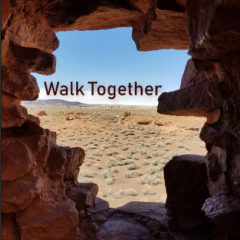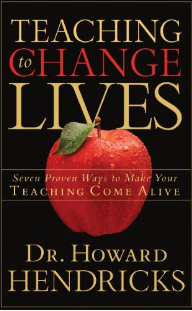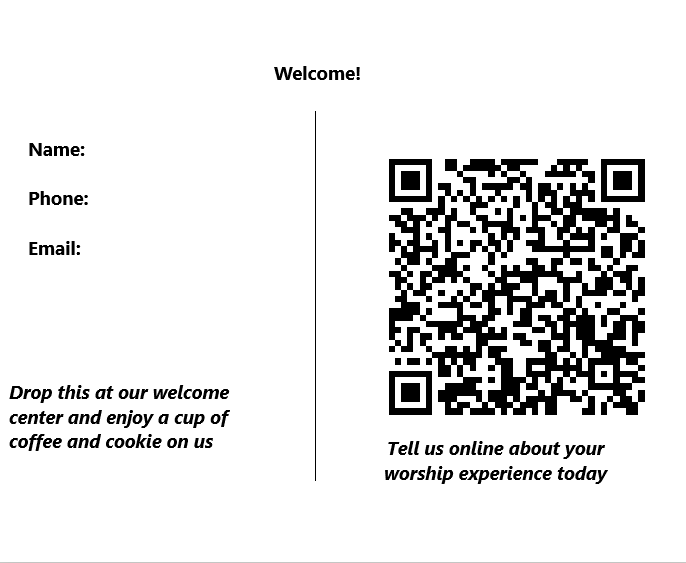Revelation 2:29 29 “He who has an ear, let him hear what the Spirit says to the churches.”

Over the past three years, Carol and I visited over 20 churches in the Verde Valley of Arizona. Conservative – liberal, Baptist-Lutheran, instrumental-noninstrumental, independent-denominational, contemporary-traditional. We learned that churches have acquired a progressive spiritual hearing loss. They have become tone deaf to the needs of the people and lost the ranges needed to stay in tune with the Holy Spirit moving in the world.
This week I came home with a milestone of senior living – hearing aids. My hearing aid provider gave me two assignments: 1)Wear them and 2)Listen to and identify the sounds. Then report back on the experience in a week. He detailed how a lady described the sound of something like cats running on her roof. The audiologist was both perplexed and concerned that perhaps some creature was loose on her roof. Further listening revealed that the sound only occurred when the drier operated. Opening the drier door, she found loose bouncing objects were her roof cats. “That would be a senior moment,” I thought and that “Not an experience I would confess.”
Later that day, after dinner, my turn came. I heard the sound of the scraping of a vinyl record (for those who remember vinyl) when the needle hits the end of track while the record is still spinning. “Sshhh …. sshhh … sshhh.” I set off down the hall in search for the record – looking and turning my ear. It was coming from our tiled hallway. Then it matched my steps … It was my steps! I was dragging my bare feet in a senior shuffle. The Mummy wearing hearing aids. My wife chimed in, “I told you you’ve been dragging your feet!” Now with my new hearing, I am resolved to march like a drum major in a parade and “Pick up those feet!”
Imperceptibly, today’s church has fallen into the shuffle of a listless movement toward no perceptible direction. It is movement without meaning, one step ahead of a fall, wrapped up in its own agenda like the Mummy.

Audiogram of the Spirit
I ran a Logos Bible software analysis and found this Audiogram of the need for Spiritual Hearing in the church.

Your Scrabble word of day is “epiphonema.” Legendary newsman, Walter Cronkite’s closing line was “And that’s the way it is.” He never intended to use this line but stumbled into it when his producers pressured him to cut time. Jesus ended his teachings with “He who has ears, let him hear.” The Spirit of Jesus, in Revelation, continued the same sign off in His word to the churches.
Or as the late evangelist, Bob Mussmon (Lancaster, PA), would stop mid-sermon and say, “Are you still with me, saints, or have you gone home yet? … Hello? … Hello?” That was his epiphonema, an epiphany but of words.
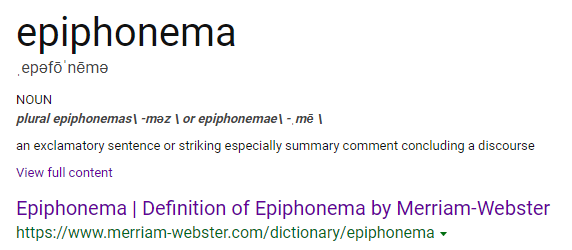
A City on a Hill … Creates a Steep Driveway
Along our journey to 20 churches, we visited churches situated on hilltops, with vistas that embraced the red rocks of Sedona. These churches sat on highways by which tens of thousands pass each year. Certainly these beacons of faith would stand and icons of spirituality. What we found were churches isolated by their own location. Jesus did not teach “Go sit in a city on a hill.” He taught his disciples on the shores of Lake Gennesaret, in Galilee, how to be present, visible among the people to whom you minister.
Strangely churches become protective of isolation on the hill. “We can’t host an Alcoholics Anonymous meeting in our church; we found some cigarette butts in our parking lot last time we tried that.” Churches in isolation can be identified by their “one stringed instrument.” One church used a xylophone as their instrument of worship. Nothing wrong with a xylophone or a Marimba band banging out a relaxing Caribbean mix. Sunday after Sunday … the same instrument, such as a xylophone, will eventually sound like a record needle stuck in a track.
Assignment: Listen to the sounds in your church this Sunday. What are your xylophones? What one step can you take this month to come down from the mountaintop and add some variety? Where can you leave your isolation and be present with people? Perhaps the topics below will open stuffy ears.
ABT – Always Be Teaching
In 1920, on the heels of the Spanish Flu pandemic, the Sunday School Board hired Arthur Flake as its Sunday School Superintendent. Using his principles, the Southern Baptist church became the largest protestant denomination in the United States. Facing post-pandemic declines of 30 percent, the Southern Baptists are rediscovering Flake’s Five Principles:
Know the possibilities. Flake advocated surveying the community to determine what persons might be prospective Sunday School members. Goals were established based on real actionable information.
Enlarge the organization. Flake advocated expanding the organizational structure in anticipation of growth; not just in response to it. Upon encouraging every church to have a class for babies, I’ve heard the same response dozens of times: “But we don’t have any babies.” And you never will if you don’t enlarge the organization in expectation that you will!
Enlist and train leaders. A growing organization must have leaders who are properly enlisted and adequately trained. The typical Sunday School will need to enlist and train about 15 new leaders to staff five new classes that will result in a growth of 50 in attendance.
Provide space. To start new classes or groups, you’ve got to have leaders and a place to meet. To start five new units, you’ll need five “spaces.” Not necessarily rooms. Not necessarily at the church.
GO after the people! The other four steps don’t matter if you don’t do this one. That’s why Flake started with a survey that produced real names and addresses. Enroll people in the classes.
From Lifeway Research
Samaritan Spoken Here
"He who has ears to hear, let him hear." - Matthew 11:15
No, I don’t intend to offend but, like an ear adjusting to hearing aid’s new sound, it will take adjustment while your church’s spiritual mind adjusts and embraces some new highs and lows of ministry. Ready to hear? … Or have you gone home yet?
Pastor Jim
We can take Flake’s Formula and apply it, beyond Sunday School, to the church’s ministry and mission as a whole:
Consider the Possibilities
Before Sunday comes, visit that modern Nazareth melting pot – your local Walmart. These are the people of your ministry. Watch them come and go, how they act. What are their ages? What are their needs? Jesus himself ministered by “Walking Around” and turned on his spiritual hearing.
Who has been ostracized? Disenfranchised? Who is in need? Ask your key leaders to watch the local news nightly for a week and ask, “Who is in need?” and “Where are they hurting?” Gather together on Sunday and discuss what you can do as a church to meet those needs?
In my last church, we learned that local churches, offended by the Boy Scouts’ position on gay and transgender leaders and scouts, broke their ties with the organization and ended their use of church facilities. Our church reached out to the orphaned troop and offered use of the facilities.
One memorable experience I had was shoulder deep in mud with two colonels from Luke Air Force Base – one over F-16 training and the other head of F-16 maintenance. We nicked a church water line on a son’s Eagle project and the three of us lay shoulder to shoulder in the mud trying to locate punctured line. The pergola was erected, the Eagle badge awarded, and a lasting imprint of the church’s positive impact in the community remains.
Our church combined its Confirmation class with the Scout “God and Country” badge. We invited parents to sit in the class. Church membership was not required. This created a wonderful dialog in faith between Scouts from various faith groups.

Enlarge the Organization
Hide it under a bushel? No! I'm going to let it shine Hide it under a bushel? No! I'm going to let it shine Let it shine, all the time, let it shine.
This is the decision to act on what the Spirit is telling you. If you hear God’s direction in a ministry, it’s imperative to gain the agreement and support of the pastor and key church staff and lay leaders. This does not mean you have every detail worked out or that you have a 5 year pro forma business plan for your church board. Rather, “We have heard God’s voice and agree to step in this direction.”
Enlist and Train Leaders
For our DIY (Handyman) Ministry, we enrolled participants on via sign-up sheets. We began the work day with breakfast burritos and training stations for what projects we tackled that morning. We fed them, we trained them, and we always stopped on or before the agreed time.
Our DIY Ministry’s projects included: installation of entry ramps for seniors, home plumbing repair, painting, church pew repair, dusting, and church painting.
Pastor Jim’s Maxim: “Never train without providing snacks and drinks.” In one large wedding I did, the bride and groom wanted to greet each of the hundreds of guests before any snack, food and drink were served in the hall. Following the service, I changed out of my robe, greeted the co-officiating pastor and meandered to the reception hall. The atmosphere was that of a morgue. People sat stone-faced across each other at round tables. I elbowed my way into the kitchen and begged a glass of iced tea before departing the hall.

People have a nervous energy and need something in their hands or to eat and drink in group settings.
Provide Space
The enclosed carport of the old parsonage became the thrift-store, selling high quality second-hand goods with proceeds going to missions. As executive pastor, I not only bought my own treasures but found that “thrift store ministry” created a fellowship that revolved around meaningful service.
What little work was required in enclosing the carport and air conditioning the same, has been rewarded seven-fold over the years.

Please don’t be offended when I tell you churches can be stingy! Stingy with their space … hoarding of their resources.
Consider for a moment all of the real estate that churches sit on in the Phoenix metro area. These properties are used once a week … for an hour. Meanwhile, as pandemic eviction moratoriums expire, families are thrown from their homes. Rents are beyond reach, requiring nearly more qualification than a home purchase.
How can the church be involved in a housing ministry, Habitat for Humanity or senior apartment construction? (Not a rhetorical question. I don’t have the answer for your church). Historic Los Arcos United Methodist Church, in Scottsdale, built its own senior apartments directly next to the church, operating under a separate church sponsored incorporation. In the Phoenix metro area, if a senior moves to an apartment 10 miles away but can’t drive, she might as well live in a palm frond hut in Paraguay. Isolation and loneliness are real and present dangers for seniors. The senior apartments continue to serve while the Scottsdale church faded into history like those churches of Revelation. I felt privileged to have served in the Desert Southwest Conference with Rev. Tim Lusk, an insightful pastor of this church.

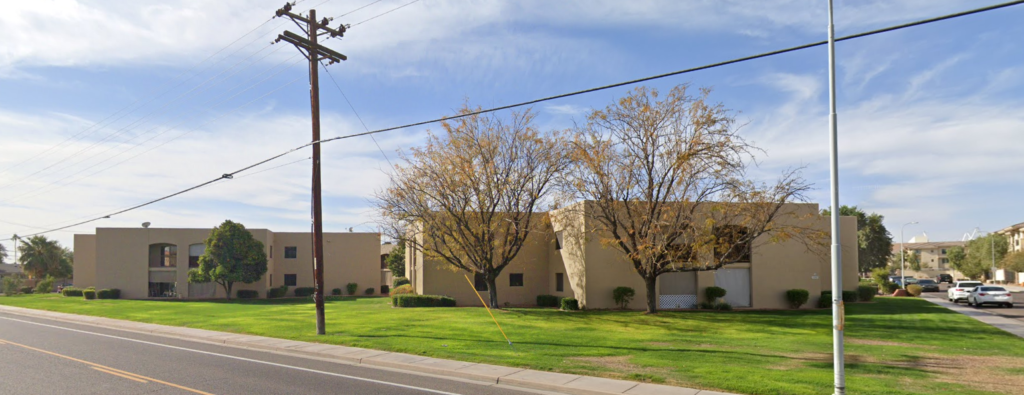
Hear and Go!
What is the Spirit saying to your church? To you? Perhaps that word will transcend the footprint of your church today, reaching far into the future. Spiritual ears, like hearing aids, are of no use unless worn. One example in practice was Spirit of Joy Lutheran Church, Clarkdale, AZ, who heard God’s whisper to provide new sports shoes for community children returning to school. Last Sunday they invited children present to lay hands on the shoes while the congregation, in a responsive liturgy, blessed over seventy pairs !
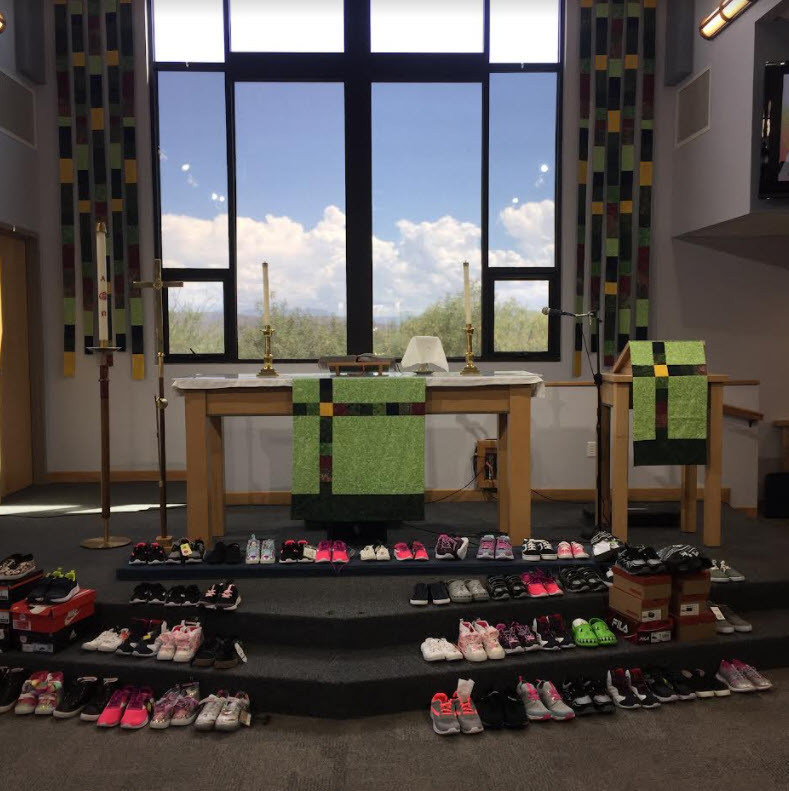
-Pastor Jim
